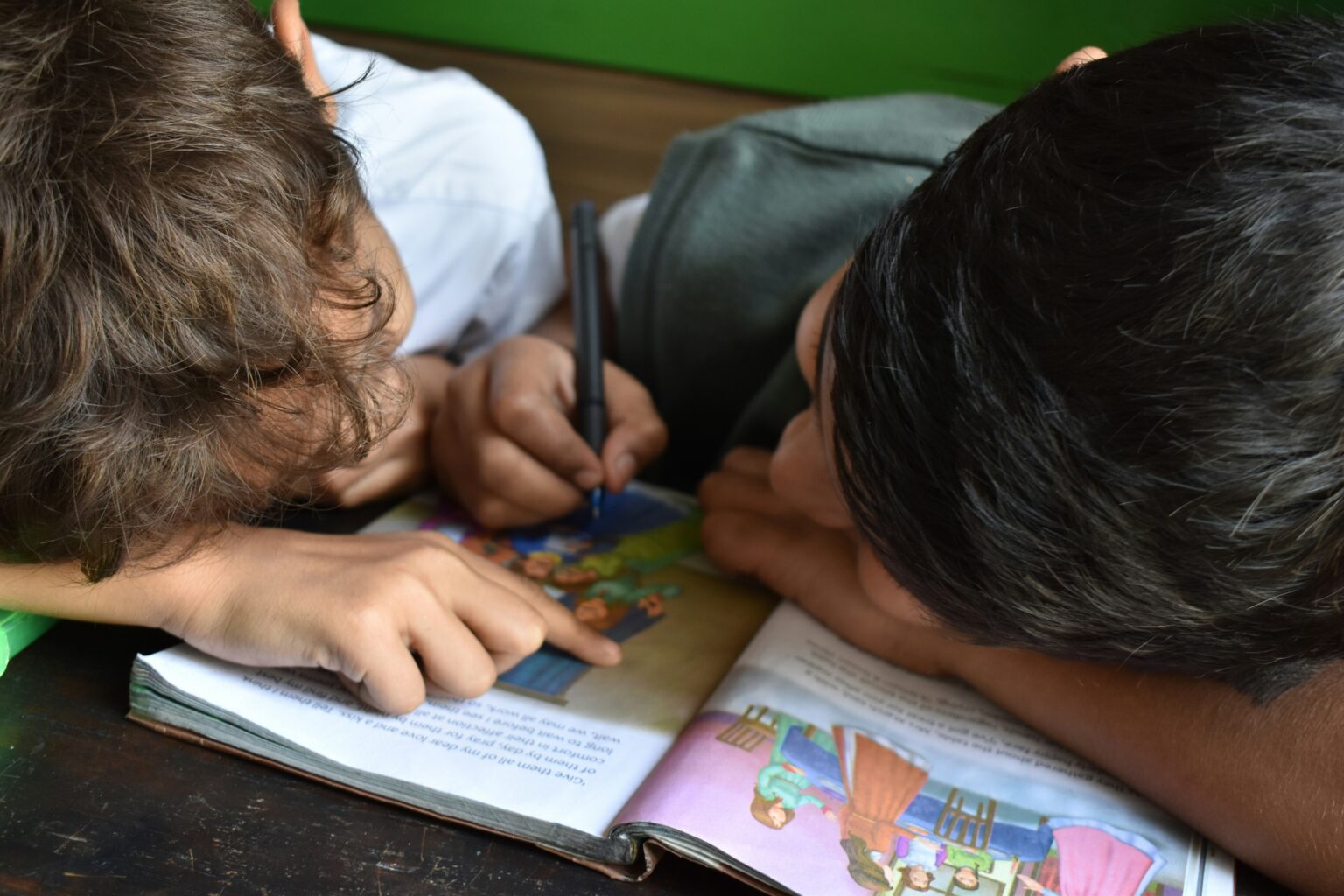Cecilia is the principal at The Hästens Free School in Farsta , Stockholm. She and the teachers involved have been training with Imvi in recent weeks to gain experience of the training themselves before the school starts accepting students in the fall. A whole class in grade 3 will train, as well as ten selected students in mixed grades who have reading difficulties. We have interviewed Cecilia about the school and the plans for the fall.
Tell us a little about your school.
"We have a small independent school that we bought from the founders. They started Friskolan Hästens and had the concept of 'a small school with a practical aesthetic focus'. All of us who own the school have worked on it for a long time, and we were able to buy because they wanted the concept to live on. They felt there was a risk that it wouldn't if they sold to a group. We have no plans to expand or make any major changes, we like our small school."
What do you think about the plan for this fall's training?
"We have presented the method to all teachers and they have been offered training. The plan is that a year 3 student is tested against an old national test, trains and then takes regular national tests in the spring. Then we can see if the training improves reading, which is exciting. The teacher for that class is very enthusiastic, she is good and always makes assessments and measurements to set up the teaching. We believe that everyone in year 3 can have their own phones to do the training with but are a little worried about how a year 1 student can have phones and how we will get hold of them for the training. But we will solve that somehow."
What do you hope to gain from the training? For the students and for educators/teachers?
"I hope that our 10 students who are reading impaired and will be training will make great progress and will find it easier to read and absorb text. Hopefully, we can also be involved in seeing if it is what the opticians believe, that so many children have vision problems, and if it is related to screen use at a young age. I also hope that the teachers see the training as a complement to regular reading training, for things that you can't train with a book."


